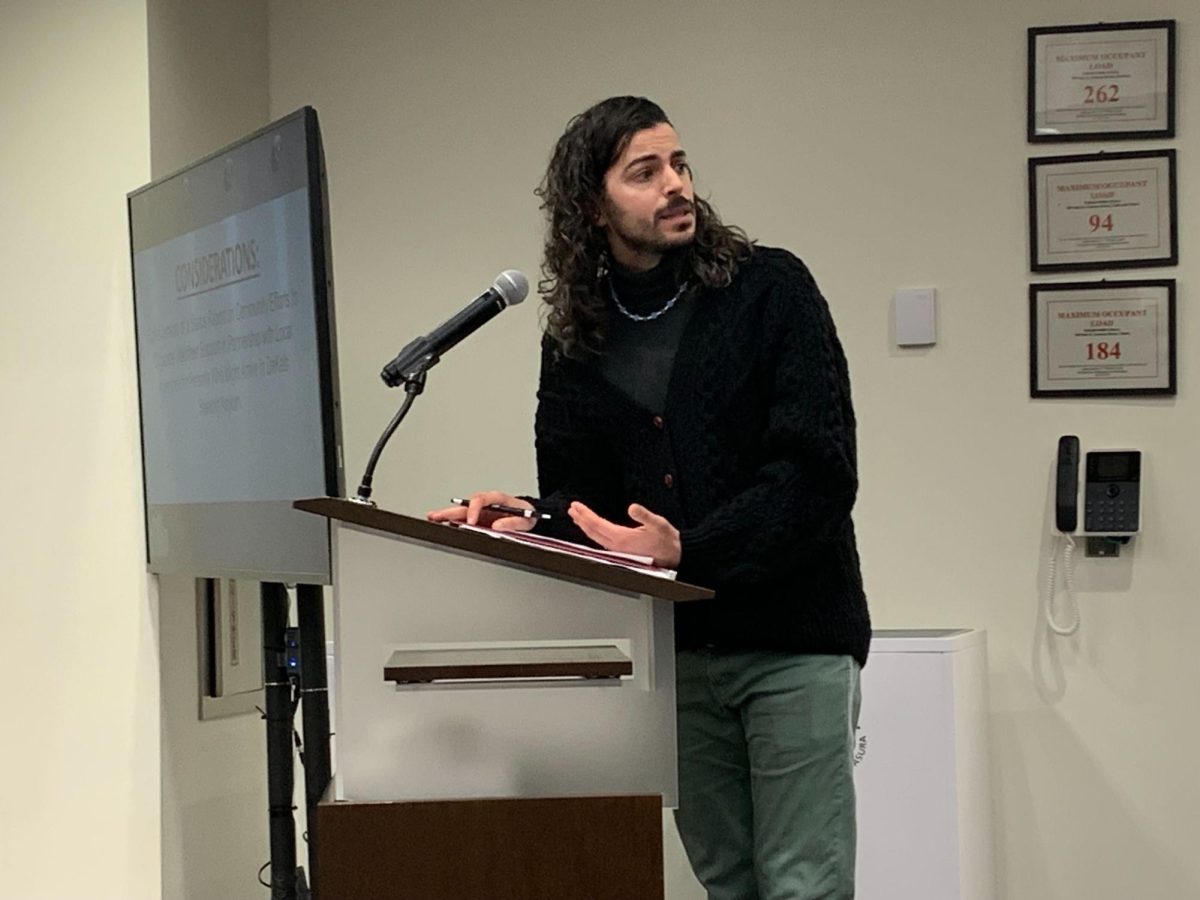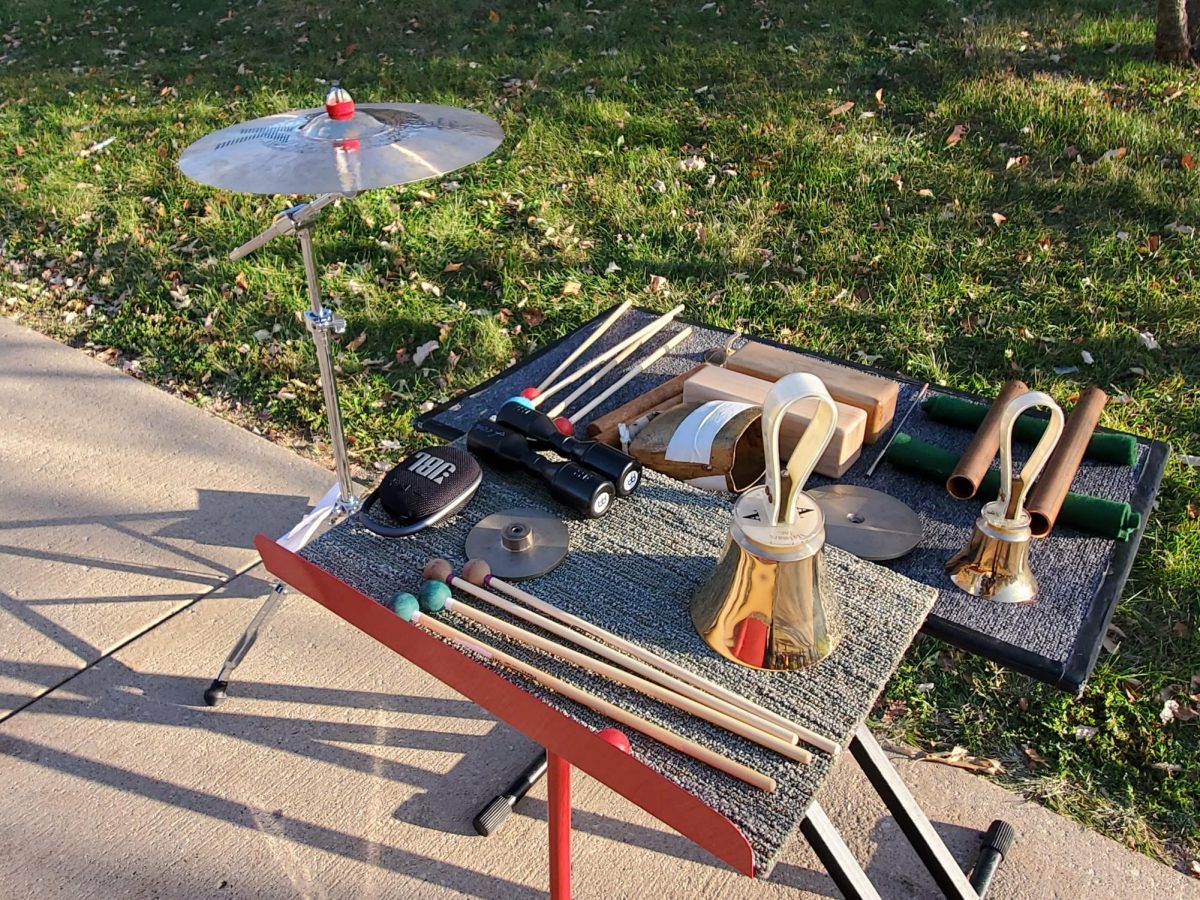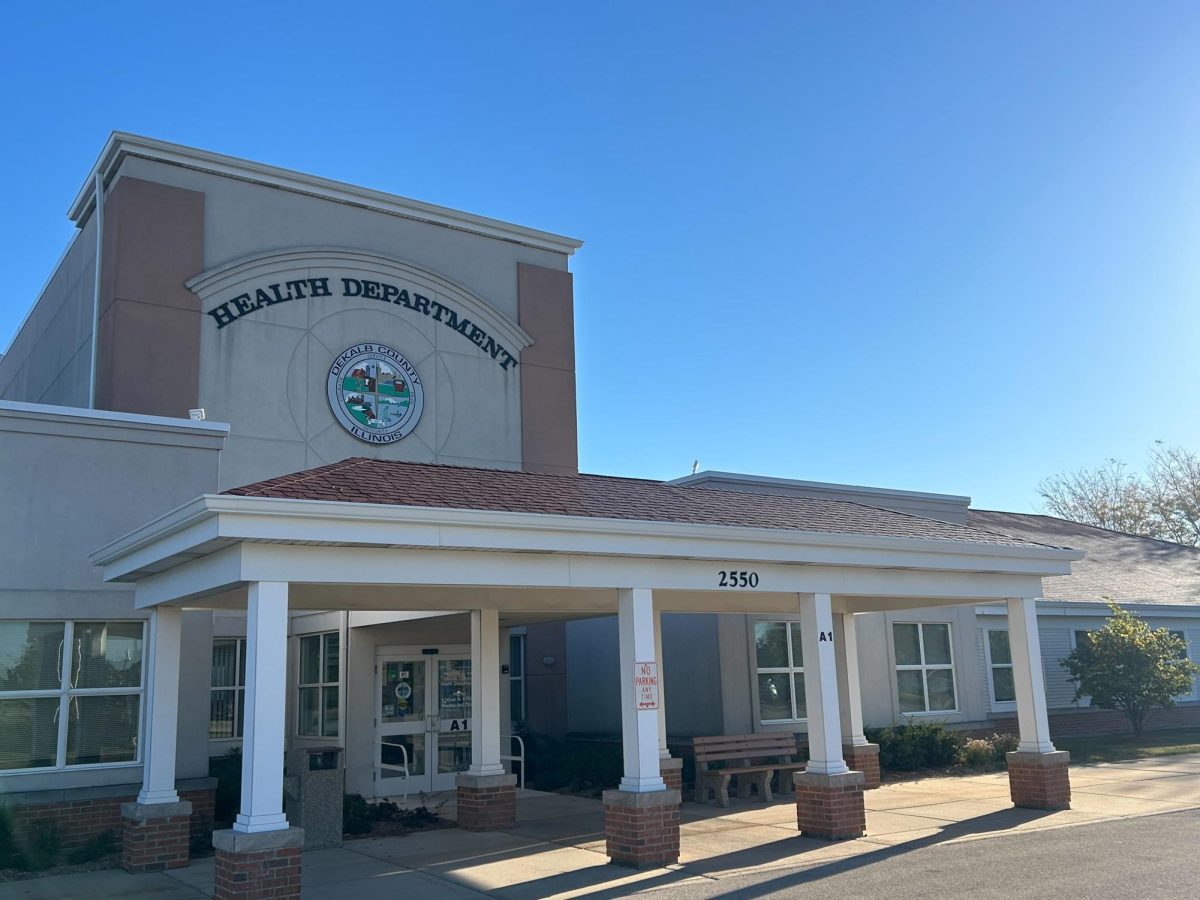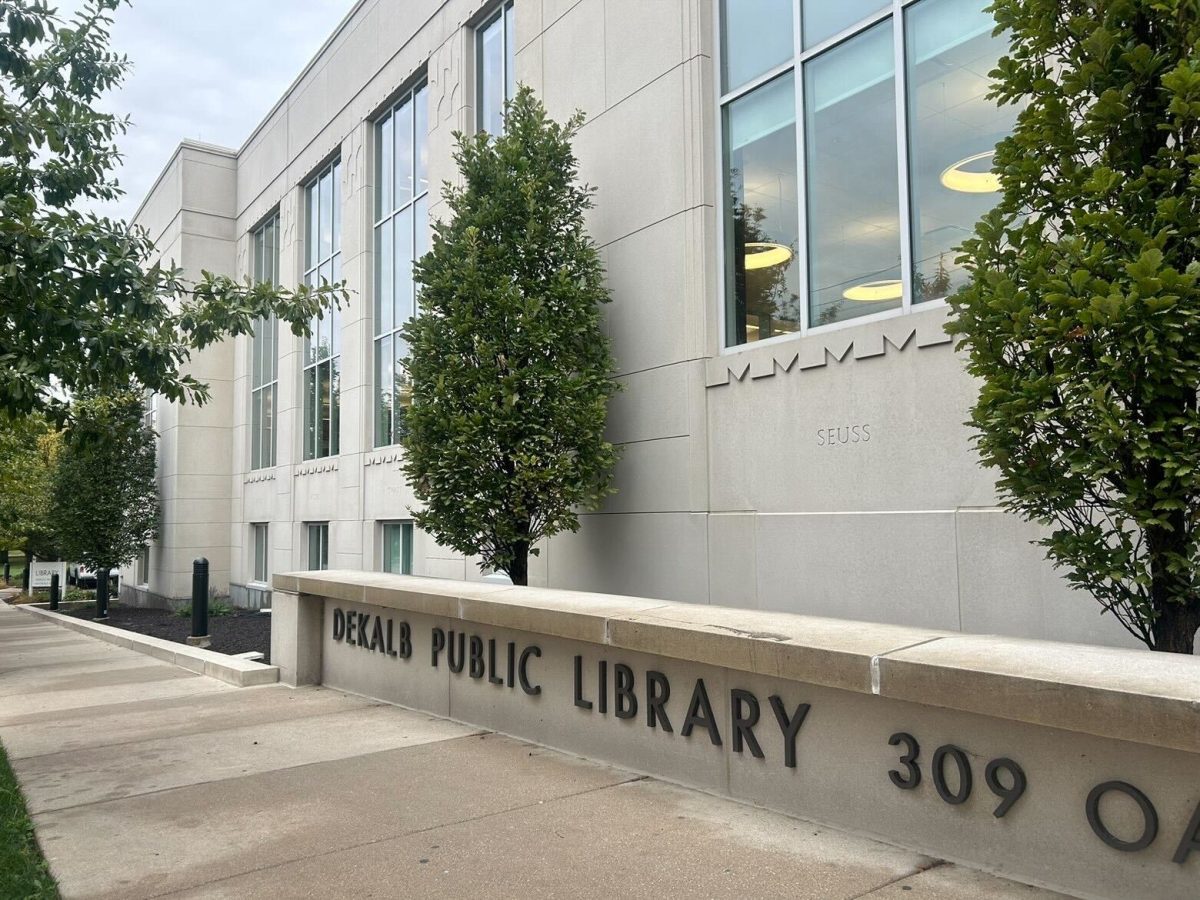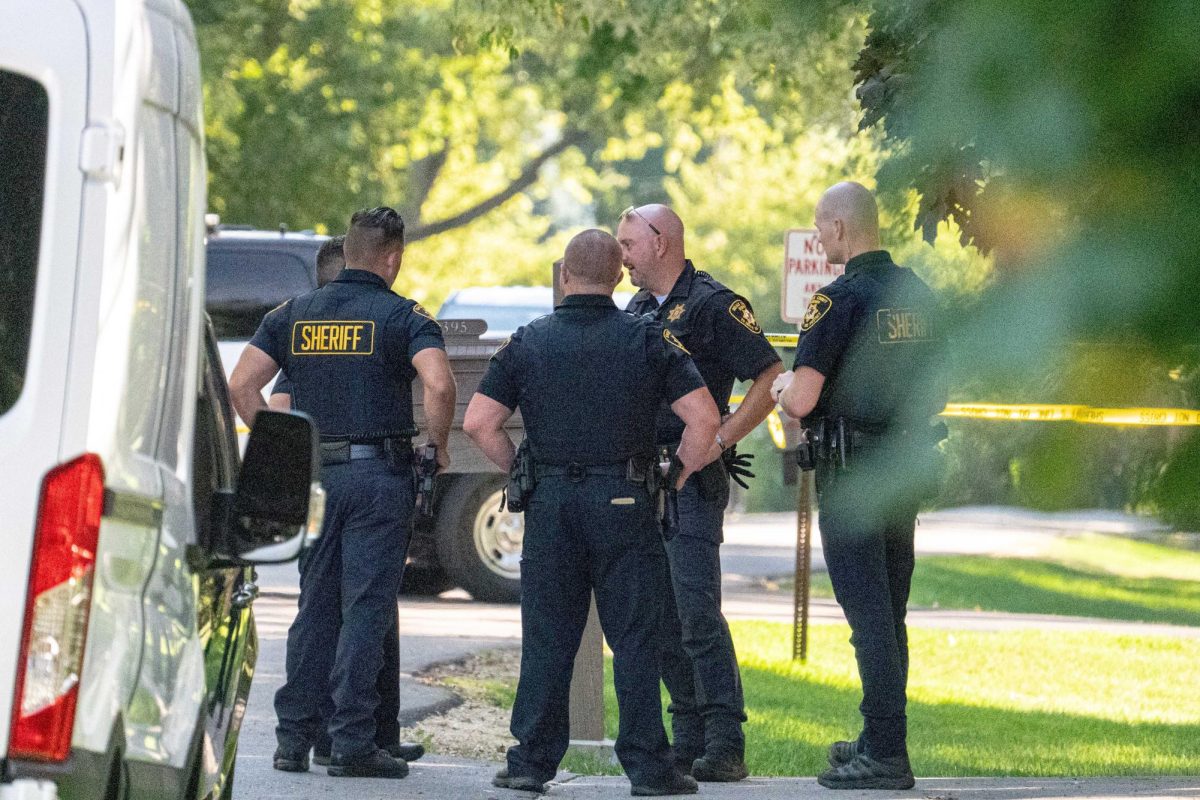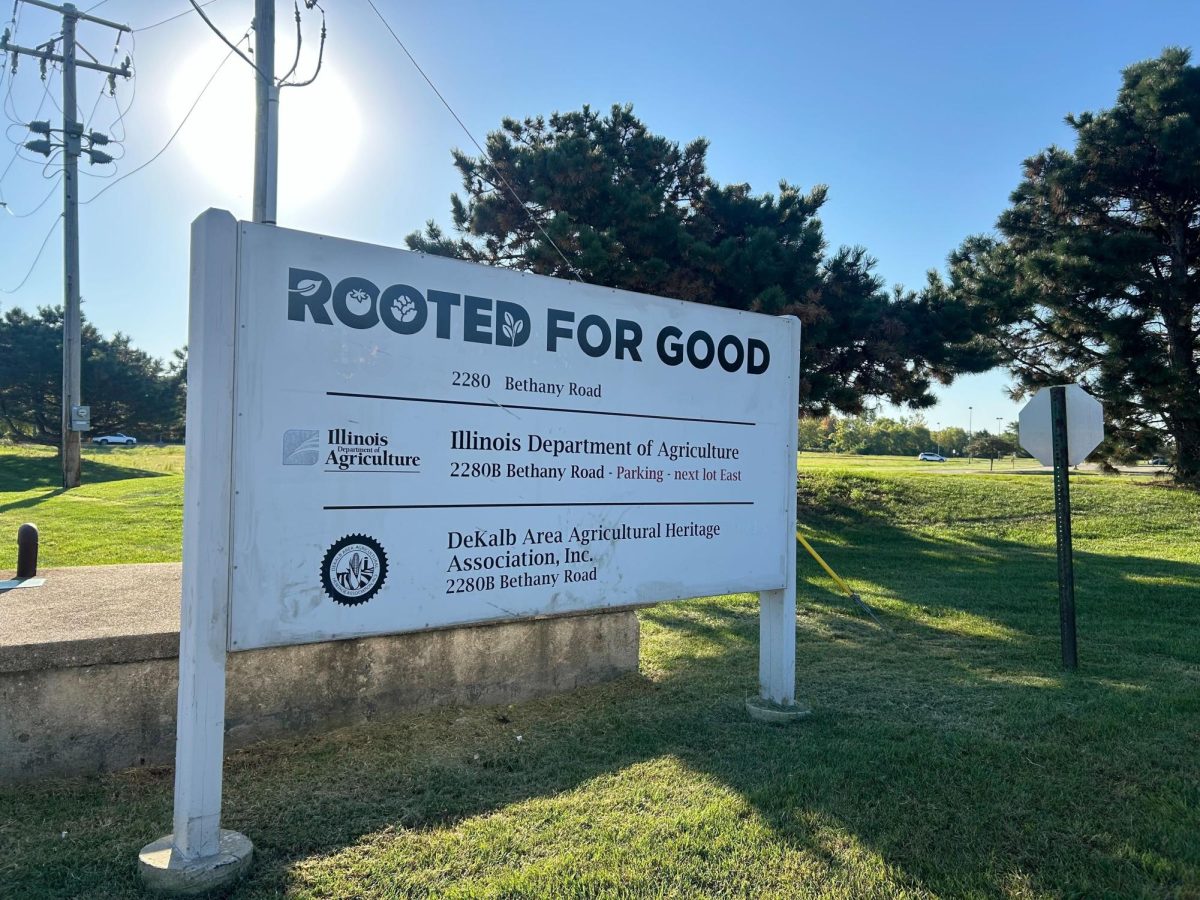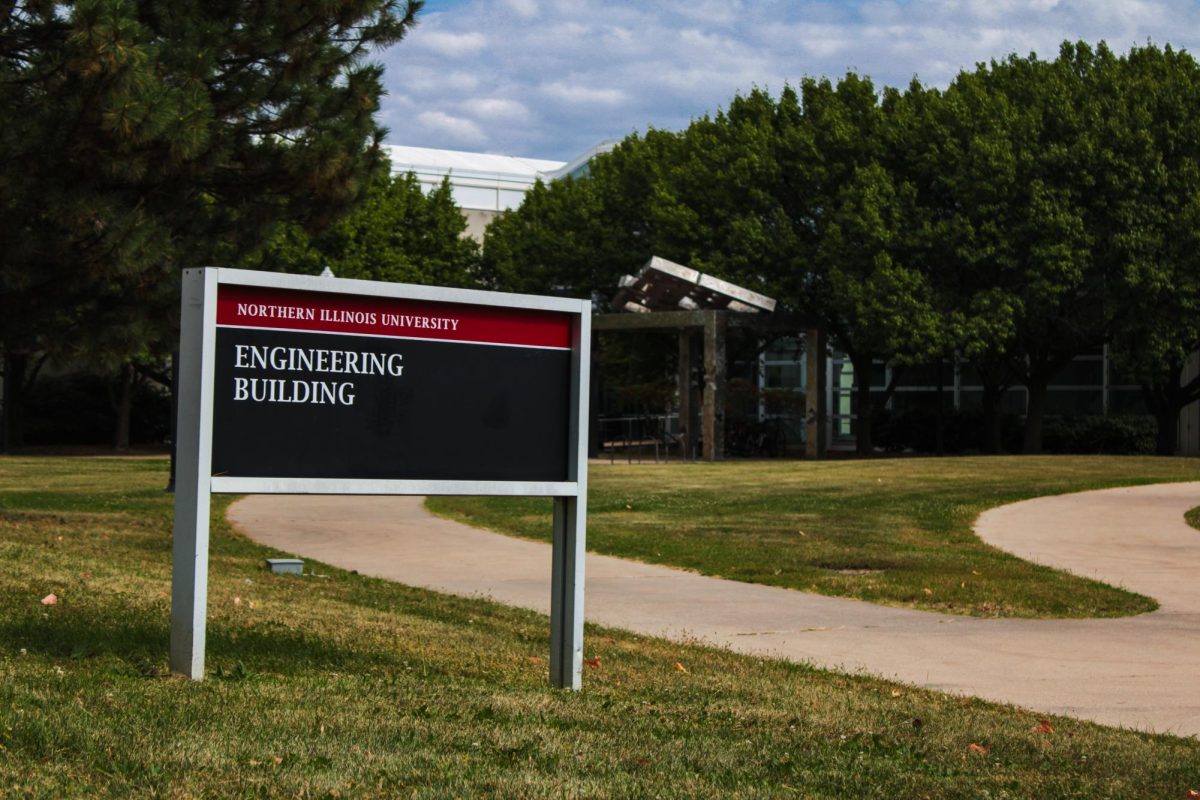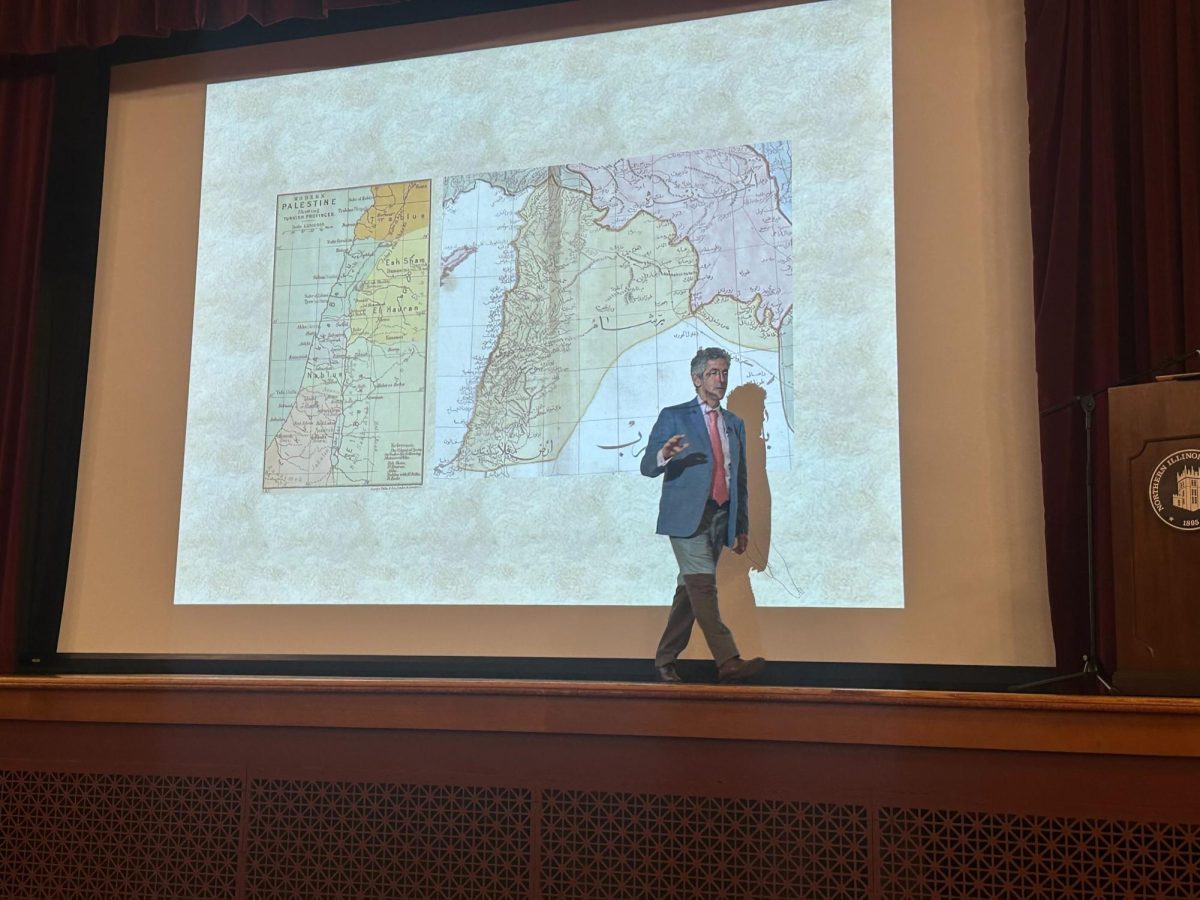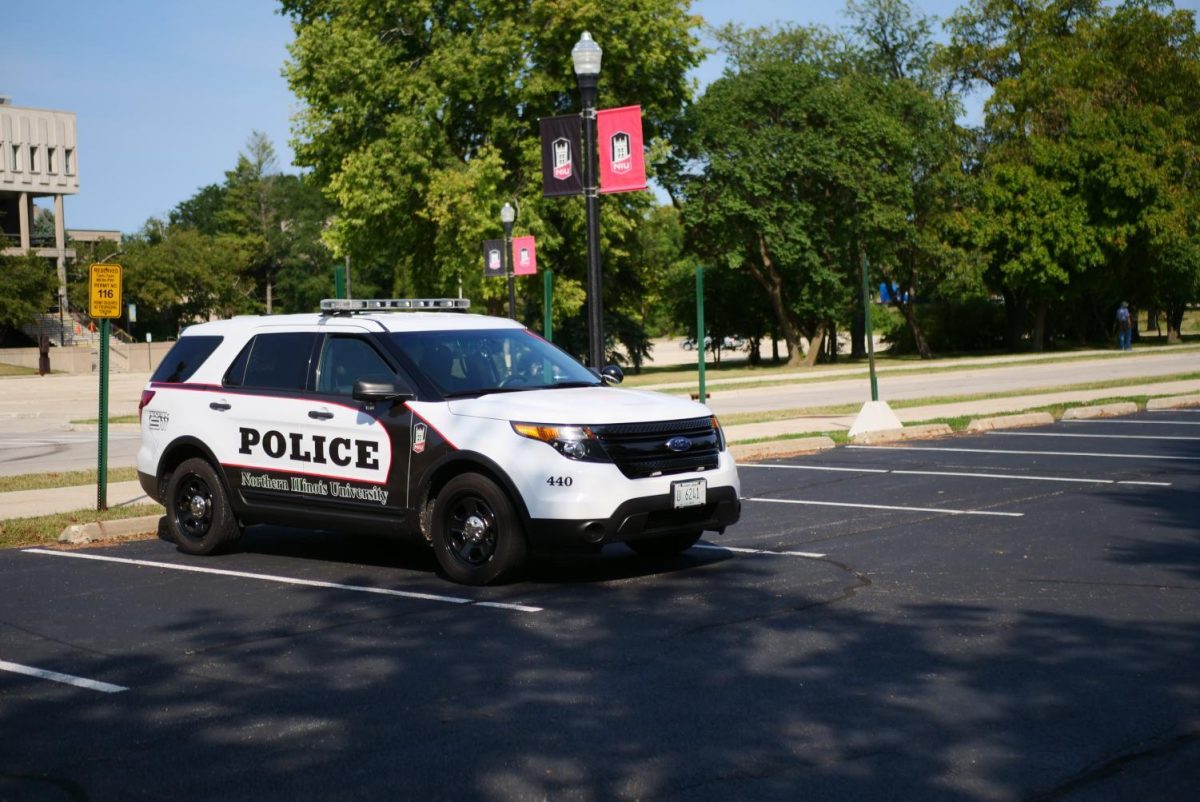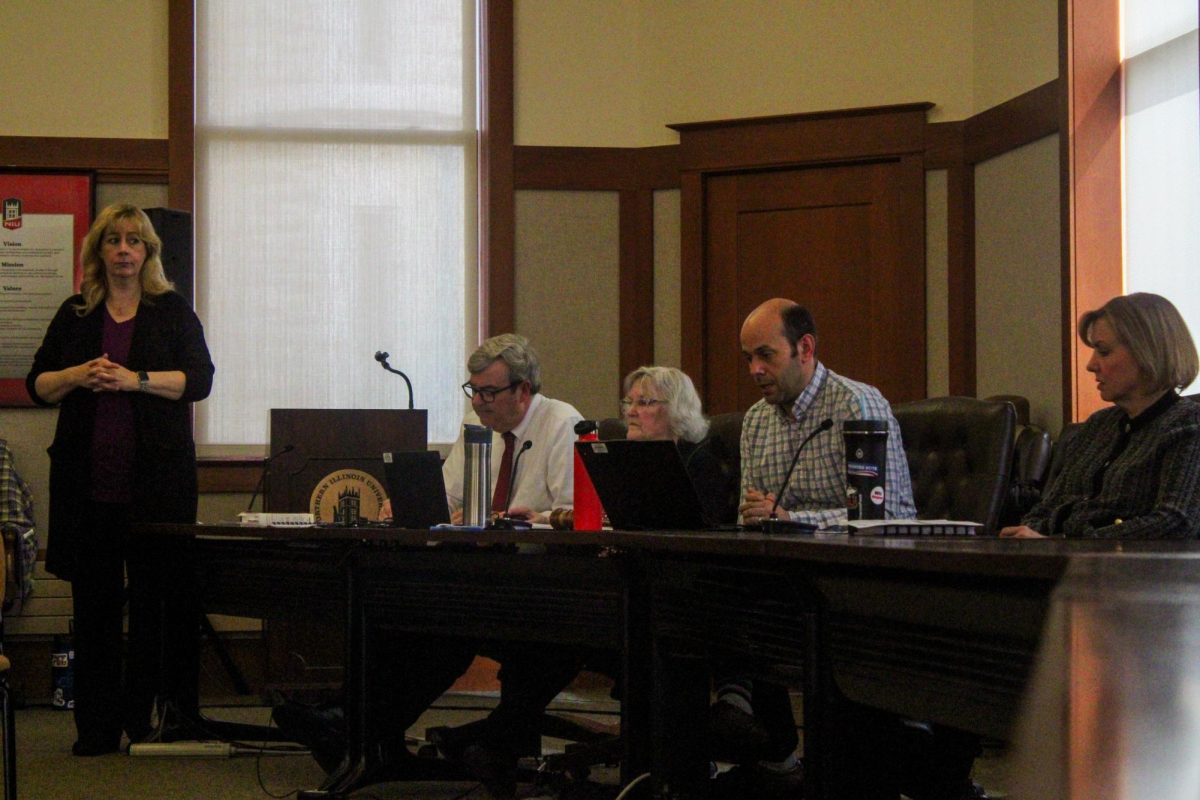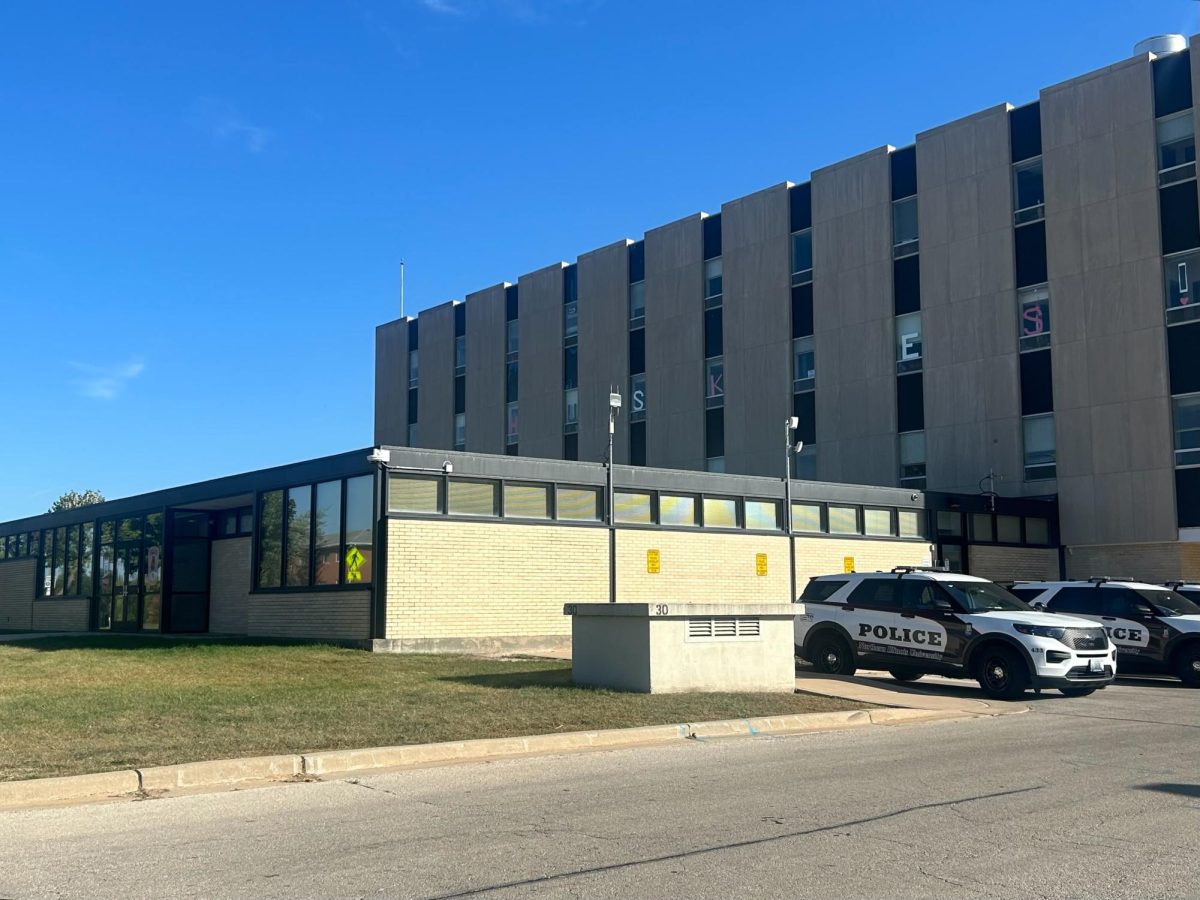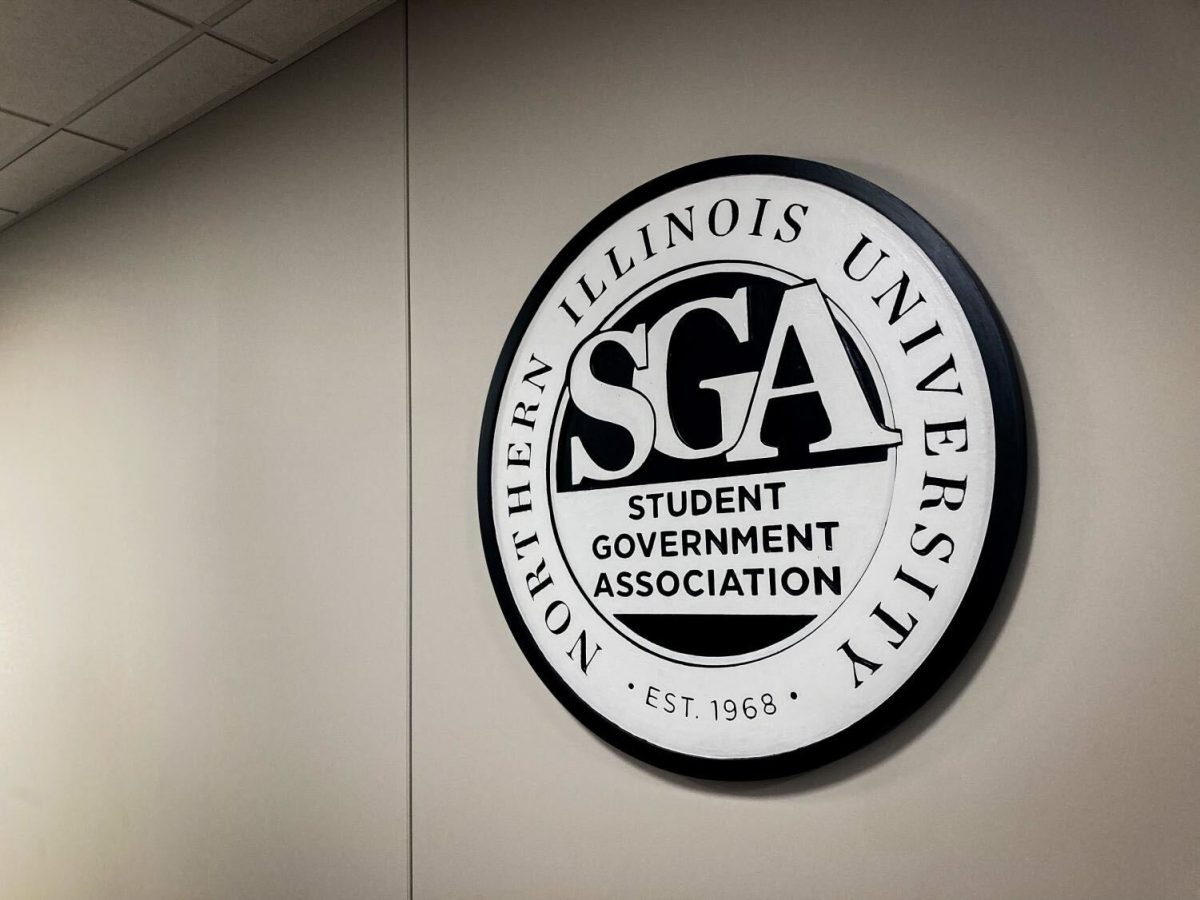DeKALB – Conversations of how the city of DeKalb would support migrants seeking asylum from the U.S. border brought financial considerations and an update to a pressing national issue to City Council Monday.
Council and community members came with aligned interests in supporting migrants seeking asylum in DeKalb.
Discussions began at a Jan. 8 meeting where the Council passed a new ordinance that regulated unscheduled bus stops carrying migrants toward the Chicago-land area and prevented passengers from being dumped outside of organized receiving areas.
Following the ordinance, Frank Diciaccio, a DeKalb resident, has since spear-headeded efforts to organize an asylum seekers citizens committee.
Dicaccio came to the board to provide updates on the committee’s progress and ask the Council to apply for a state grant that would aid efforts in providing migrant passengers emergency housing, food or services.
The Supporting Municipalities for Asylum Seeker Services program funds municipalities involved in assisting “asylum seekers” within five categories of assistance. These include: shelter and transitional housing, food, wraparound services, legal assistance and health and wellness.
Gov. J.B. Pritzker recently committed $11 million toward the second round of SMASS funding, but further state funding is expected.
Diciaccio reported since the committee was organized, over 70 individuals have signed up to volunteer, which included several local non-profits.
Dan Kenney, founder of the DeKalb County Community Gardens, spoke in support of the city’s engagement with the grant. The DCCG provides food for much of DeKalb’s food insecure population and Kenney said the rise in migrants only increased the community’s reliance on the gardens.
“Dekalb County Community Gardens has seen an increase in need for many reasons, but that is one of the reasons,” Kenney said. “And so, I would also urge the city to consider we’re not just talking about necessarily a large emergency situation, we’re talking about a chain migration situation that will continue over the next year or two.”
Though the council was eager to provide advocacy, the financial commitment was the larger issue.
The city would be required to “front” funding if it wished to provide assistance to the asylum seekers citizens committee or any non-profits currently engaged and would later be reimbursed by the state on a monthly basis.
The Council cited Oak Park’s current involvement in housing migrants in temporary shelters including an old YMCA and downtown hotels since October. Even with SMASS funding, Oak Park is spending around $350,000 a month on emergency shelter alone.
With the more pressing issue being the city has no additional budgeted resources unless amendments to the City’s General Fund reserve were made, Mayor Cohen Barnes voiced additional concerns of when those reimbursements would arrive.
“The state of Illinois is traditionally delayed in reimbursement and I know they’re projecting a billion dollar deficit going forward,” Barnes said. “So I imagine it’s not gonna be we apply a week later when we see those funds. Hopefully we would receive the reimbursement from the state of Illinois, but it would probably be longer than we would want it to be.”
City leaders agreed the next step the city would work on is creating immediate funding if migrants chose to seek refuge in DeKalb. Only then would the city begin applying for the SMASS grant.
“The idea of a fund that’s available to be able to address the immediate need should we have asylum seekers coming to the city of DeKalb, I think is a great step, so we can take care of that,” Barnes said.
SOUTH FIRST STREET CORRIDOR AREA TO UNDERGO TIF STUDY
The council went on to approve plans for a $44,500 independent consultant agreement to conduct a Tax Increment Finance study for the area along the South Fourth Street Corridor from Taylor Street to Interstate 88.
The buildings within the allotted space have undergone years of physical deterioration where commercial activity has failed with the closing of landmark restaurants, grocery stores and other businesses, according to the agenda.
A consultant would determine if the area including about 342 acres and 626 lots would be applicable to become a TIF district to induce private redevelopment within the area.


